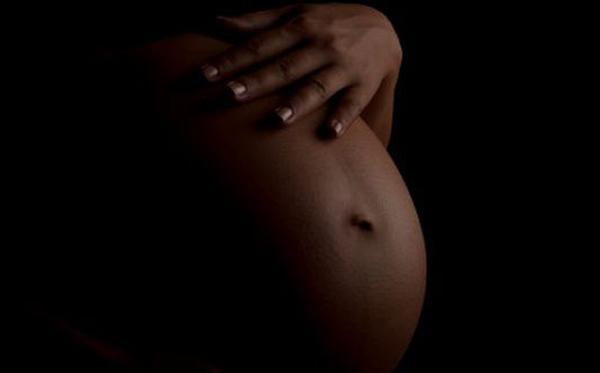Dr Olayinka Ogunbode, a Consultant Obstetrician and Gynaecologist at the University College Hospital (UCH), Ibadan, said on Thursday that one out of every 10 pregnancies in Nigerian hospitals ended up as an ectopic pregnancy.
Ogunbode made this disclosure in an interview with the News Agency of Nigeria (NAN) in Ibadan.
He said the exact cause of ectopic pregnancy is unknown, but fallopian tube damage is a common cause.
He noted that a fertilised egg can become caught in the damaged area of a tube and begin to grow there.
“Common causes of fallopian tube damage that may lead to an ectopic pregnancy may be smoking by women.
“Women who smoke or who used to smoke have higher risks of ectopic pregnancy although this is not common in Nigerian women.
“Smoking is thought to damage the fallopian tube’s ability to remove the fertilised egg toward the uterus.
“Pelvic inflammatory diseases (PID), such as gonorrhea and Chlamydia infections are other major causes common in African women; PID can create scar tissue in the fallopian tubes,” he said.
Ogunbode added that surgery done to reverse a tubal ligation or to repair a scarred or blocked tube was another major cause of ectopic pregnancy.
The gynaecologist said that a woman with an ectopic pregnancy experience common signs of early normal pregnancies like a missed period, tender breasts, nausea, fatigue, increased urination.
“First signs of an ectopic pregnancy may include (usually) vaginal bleeding which may be light or heavy, abdominal pain or pelvic pain, that may start at about six to eight weeks after a missed period.
“As the pregnancy progresses, other symptoms may develop, which may include stomach and pelvic pain which may get worse with straining or movement.
“The pain may occur sharply on one side at first and then spread to the pelvic region, with severe vaginal bleeding, dizziness, signs of shock, shoulder pain which is caused by bleeding into the abdomen,’’ he said.
The consultant advised females of reproductive age to take precautionary measures by avoiding sexually transmitted diseases which may later damage their fallopian tubes.
He said surgery was the only solution in the management of ectopic pregnancies, adding that early intervention approaches can always save the life of the patients.
“When an ectopic pregnancy is located in an unruptured fallopian tube, every attempt is made to remove the pregnancy without removing or damaging the tube.
“Emergency surgery is needed for a ruptured ectopic pregnancy,” he said. (NAN)
OOA/MST

